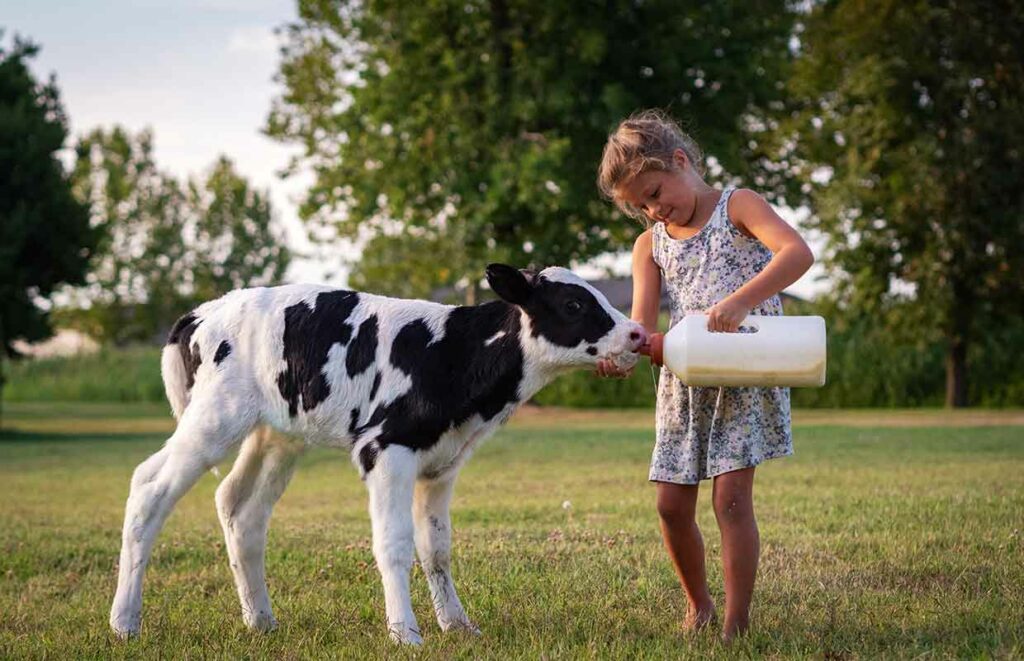What to know before adding calves to your lifestyle block SPONSORED

Here are the relevant requirements to help you provide the best care for these animals.
Words by Madison Pannett, Ministry for Primary Industries.
Calves can be a nice addition to your lifestyle block. When choosing to bring home a calf, it’s important to know that under the law, they require special care.
Where a regulation specifically refers to “young calves”, it means calves up to 14 days old that have been separated from their mother.
If you are buying calves they need to be fit for transport. Calves must:
• be at least four full days old (96 hours)
• have a dry, shrivelled navel
• have firm, worn hooves
• be able to stand up, walk and bear weight evenly on all four limbs
• be able to protect themselves from being trampled or injured by other calves
• be free from injury and birth defects
(e.g. blindness, contracted tendons)
that would mean they cannot withstand the journey
• have no scours or other signs of disease which would mean they cannot withstand the journey.
• Calves should be well-fed, with bright eyes and ears up.
TRANSPORTING CALVES
Livestock must be fit for transport on your property, on the road, and on arrival. Livestock must be:
• healthy and in good condition
• free of injury and disease
• not recently castrated or dehorned.
If in doubt, don’t purchase the animal. Calves must be transported safely and securely, have adequate ventilation and enough room to stand up and lie down. If you’re using a trailer or ute with a deck height less than 900mm, you can carefully lift calves on and off. Otherwise, you need to have loading facilities. Make sure your NAIT is up to date. www.ospri.co.nz
LOADING FACILITIES
Loading facilities for calves may take any form – a ramp, a raised platform, a tractor tray – provided they meet the criteria in the regulations. Loading facilities must:
• allow calves to walk on and off stock transport vehicles
• minimise the risk of a calf injuring itself, becoming distressed, slipping, or falling off.
CODES OF WELFARE
Once your calves are home, make sure you’re familiar with the requirements for their care and management under the relevant code of welfare: www.mpi.govt.nz/welfare codes
KNOW YOUR LEGAL RESPONSIBILITIES
Your animals are your responsibility, and you need to plan for them accordingly. Under the Animal Welfare Act 1999, you must provide your animals with:
• proper and sufficient food and water
• adequate shelter
• the opportunity to display normal patterns of behaviour
• appropriate physical handling
• protection from and rapid diagnosis
of injury and disease.
Need more info on animal welfare? Scan the QR code below for more info, or email animalwelfare@mpi.govt.nz

Love this story? Subscribe now!
 This article first appeared in NZ Lifestyle Block Magazine.
This article first appeared in NZ Lifestyle Block Magazine.
